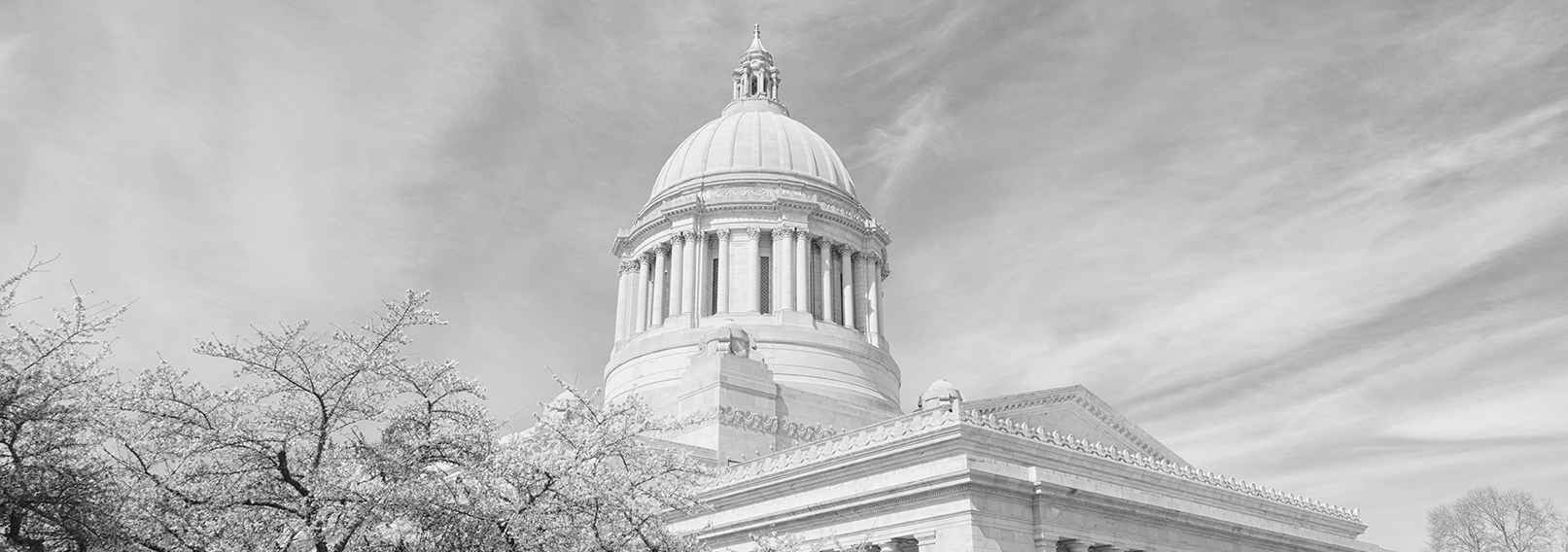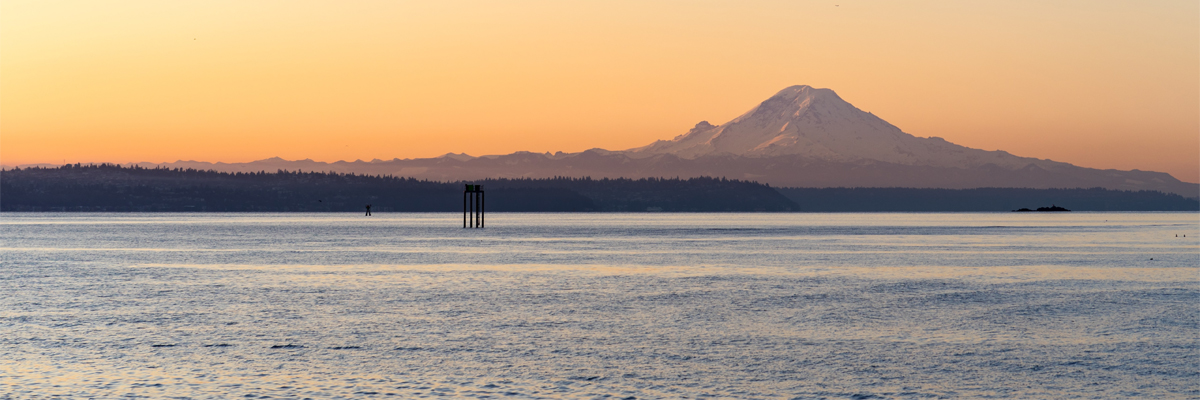The compromise transportation budget sets out to fill a roughly $450 million budget deficit resulting from the passage of Initiative 976 (I-976). Passed in November 2019, I-976 rolls back state and local motor vehicle license fees to $30 per year. The loss of revenue to the state is estimated to be $450 million for the 2019-2021 biennium and upwards of $2 billion over the course of the next decade. Local governments are estimated to lose close to $2 billion over this same period.
The final budget addresses the deficit much the way earlier proposed House and Senate budgets did, through one-time revenue transfers, budget cuts, and assumptions of under expenditures. The final budget un-pauses all transportation projects that had been halted in December as a part of Governor Inslee’s proposed budget. This action also allowed the transportation budget to experience some savings.
County Road Administration Board (CRAB)
Notably, the County Road Administration Board’s Rural Arterial Program (RAP) sees a $3.1 million cut, based on legislative assumptions of “anticipated under-runs” in the program. This cut is intended to be short-term, one-time, and is not intended to “eliminate or substantially delay” capital projects. How this will ultimately affect the RAP program will be left to CRAB to assess.
Other transportation programs
Other transportation programs counties rely on also see reductions to their budgets. The Transportation Improvement Board receives roughly $4 million less for its Complete Streets Program and $4 million less to its Transportation Improvement Account. The Freight Mobility Strategic Investment Board also experiences budget reductions of roughly $6.7 million.
For a full analysis of the budget visit the Washington Leap site to access agency summaries, the budget bill, and agency detail reports.
Joint Transportation Committee (JTC) Studies
$235,0000 is appropriated to the JTC to study rail safety governance best practices and recommendations for the implementation of these best practices.
$250,000 is appropriated to the JTC to conduct a study on the feasibility of a private auto ferry between Washington State and British Columbia.
Surface Transportation Program federal fund swap
Unfortunately, again, the final transportation budget did not include a Surface Transportation federal fund swap program that WSACE has been advocating for since before 2015. As we move into the interim, WSACE will reevaluate our strategy to determine how best to move forward with this request.
Fish Barrier Removal
The final capital budget includes a proviso directing the Brian Abbott Fish Barrier Removal Board to develop a comprehensive statewide culvert remediation plan that works in conjunction with the state approach to fully satisfy the fish barrier removal injunction mandate. The comprehensive plan must be consistent with the principles and requirements of the injunction and must achieve coordinated investment strategy goals of permanent injunction compliance. The Fish Barrier Removal Board shall work and consult with tribes to develop this watershed approach.
This proviso is a big win for local governments who have been advocating for a watershed, statewide approach to the culvert issue. While no funding is associated with the proviso, our hope is this direction will help lay the groundwork for a more comprehensive approach to addressing fish blocking culverts.
Final Bill Analysis
Very few of the bills reported on throughout the session made it over the finish line. In fact, none of the bills WSAC and/or WSACE had concerns with passed this session. However, there are a few bills that are worth noting:
ESHB 2676, Rep. Shelly Kloba (D-Kirkland), concerns the regulation of the testing of autonomous vehicles (AVs). The bill requires that entities testing AVs hold liability insurance and requires them to work closely with WSDOT in the testing process. This bill comes out of recommendations from the Transportation Commission’s Autonomous Vehicle workgroup of which WSACE’s Eric Pierson (Chelan) and Todd O’Brien (Adams) are members of. This bill is on its way to the Governor’s desk.
HB 2850/SB 6519: Rep. Debra Lekanoff (D-Bow)/Sen. John McCoy (D-Tulalip), concerned the protection of archaeological and cultural sites by state and local governments and all recipients of state funding. These bills would have required any “groundbreaking” public work that involved state funding to first be reviewed by the Department of Archaeology and Historic Preservation and any interested federally recognized tribe to determine whether the project would have a potential impact on archaeological and cultural sites. We had a lot of questions and concerns surrounding the feasibility of these bills. Both bills died, but we have been told that the Governor is considering issuing an executive order during the interim related to this issue. We are in close conversations with his staff on these efforts and will work to ensure county voices are at the table.
ESB 5457, Sen. Karen Keiser (D-Des Moines), requires prime contractors to name subcontractors for the work of structural steel installation and rebar installation on public works construction projects expected to cost over $1 million, within 48 hours after the published bid submittal time. In its original form WSAC had significant concerns with the underlying bill, however, as amended we are neutral. This bill is on its way to the Governor’s desk.



